5 Amazing Indie Games You Need To Buy In 2014
2014 promises to be a vintage year for blockbuster video games, but look beyond the usual suspects and there are a slew of smaller studios daring to go further...
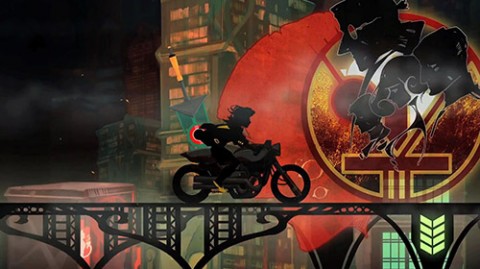
With the new year well underway, the eyes of the gaming community inevitably shift focus towards the blockbuster titles due for release this year—Titanfall, Metal Gear Solid and Watch Dogs, among others. But look beyond the usual suspects and there are a slew of smaller studios daring to birth new experiences by eschewing medium tropes. Here are five games that shouldn’t be overlooked in 2014.
Elegy for a Dead World
Elegy for a Dead World stretches the concept of a videogame to within breaking point.
Dejobaan Games’ and Popcannibal’s creation invites you to explore three lost civilisations influenced by the works of British Romance-era poets (Shelley, Byron and Keats) and spin a yarn informed by your surroundings.
At the start of your adventure, you’re presented with a choice of perspectives from which to frame your tale (“My Story”, “Their Story” and “A Scientific Journal”), before being thrust into the shoes of an intentionally nondescript avatar.
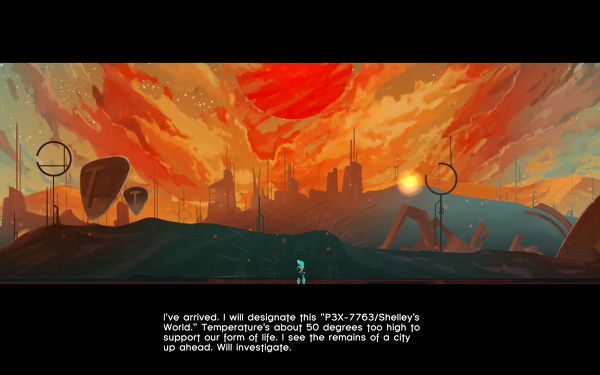
The creative potential of Elegy for a Dead World excites Dejobaan CEO Ichiro Lambre, per Eurogamer: “People love being creative and I don’t think there are many games that are conducive to this kind of creativity… I bet we’ll get a deep novella-length thing within a couple months of launch.”
Will Ichiro’s enthusiasm be reciprocated by the first wave of adopters? That depends on whether there’s a market for games demanding such introspection, and whether the idea is compelling enough to inspire any meaningful content beyond trite observations of the artistic direction.
Regardless of its reception upon release, the originality should be commended.
That Dragon, Cancer
Although productive for the industry, the ongoing “games as art” rhetoric has been preoccupied with the medium’s visual splendor, in lieu of its capacity to resonate on a more profound level.
Videogames can’t yet compete with their cultural forefathers (film, literature) in terms of evoking pathos, but the inherent interactivity of videogames carries its own benefits, not least in how it establishes a two-way discourse by allowing the gamer to influence its trajectory.
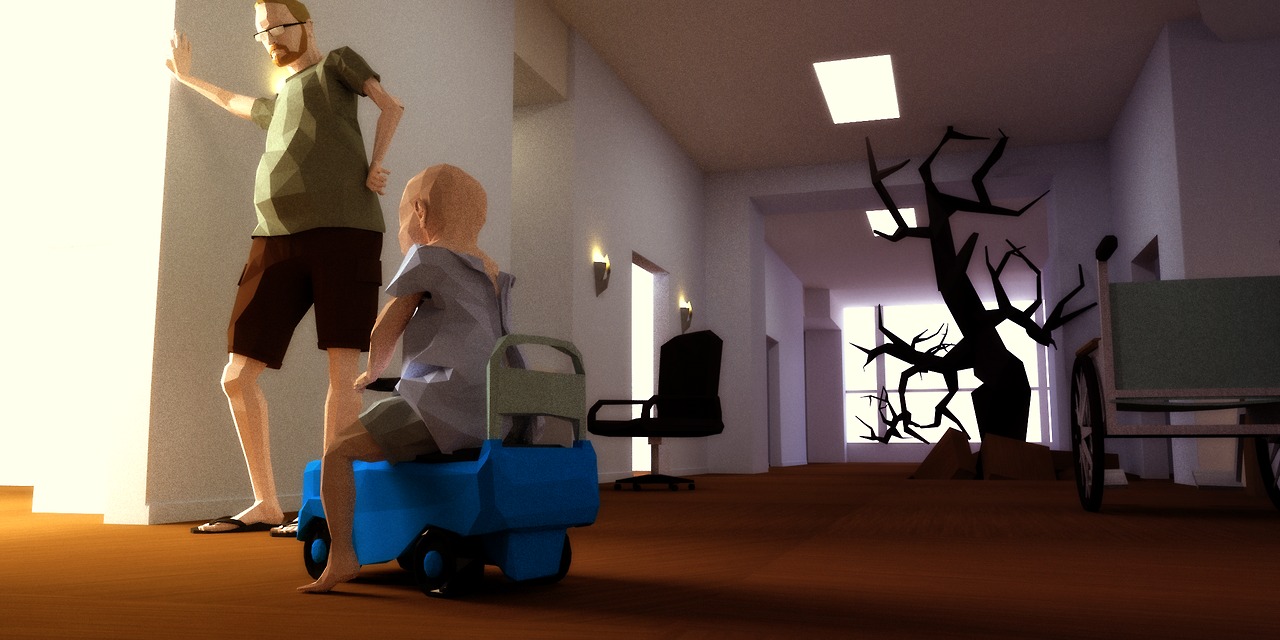
That Dragon, Cancer—a point-and-click game based on the true story of Ryan Green, and his 4-year old son Joel who’s currently fighting the titular disease—should suffer no such lack of emotional connect.
That Dragon, Cancer will inevitably prove too depressing for many to stomach, in much the same way 12 Years a Slave sacrificed box office sales by virtue of its forthright portrayal of black subjugation. But you know what? That shouldn’t matter. Art doesn’t have to appease to be rewarding or worthwhile.
Transistor
Transistor (brainchild of Supergiant Games—the studio that developed the much-vaunted Bastion) tells the tale of Red, a crimson-haired, blue-eyed heroine, and her peculiar relationship with a sentient sword, “Transistor”.
This cyclopean blade serves as a vessel for the recently departed, absorbing the souls of corpses that Red discovers on her travels. It’s all very bizarre, and therein lays the dramatic tension: who/what’s killing these people? And what exactly is Red’s connection with Transistor?
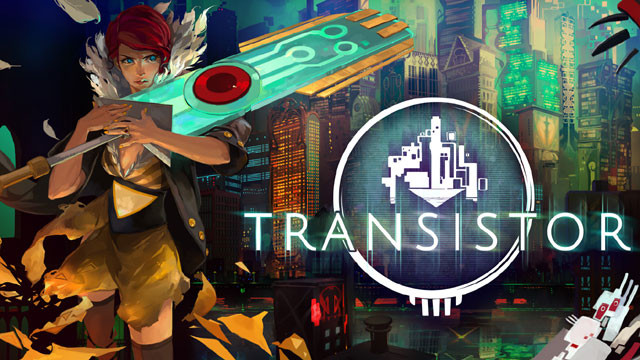
On many fronts, Transistor is a spiritual successor to Bastion—in the hand-painted neon aesthetic, narrative overseer, and isometric perspective. However, fundamental changes to the combat mechanics should negate any sense of over-familiarity, with battles comprised of turn-based and real-time elements, as opposed to the straight-up action-RPG brawling of Bastion—an area that was criticisced by a minority due to its simplicity.
If Transistor retains the sprightly charm that punctuated Bastion while expanding upon its gameplay systems, then Supergiant Games could well have another hit on their hands.
Game of Thrones: A Telltale Game Series
Critically acclaimed episodic titles—Tales of Monkey Island, The Walking Dead, and more recently, The Wolf Among Us—have firmly established Telltale Games as masters of the point-and-click adventure games. So when Telltale announced a Game of Thrones tie-in during the VGX awards there was a tangible air of excitement.
Telltale titles are renowned for their rich characterisation and story-defining moral dilemmas. In The Walking Dead, this invariably amounted to making snap decisions on which characters to save or support—the consequences of which shaped your personal story arc.

Considering Game of Throne’s fully-formed narrative, it remains to be seen how a similar device could be implemented successfully. Our knowledge of the plot twists would surely dissolve the suspense—in particular, the brutality of the “Red Wedding” entirely depends upon a lack of audience foresight.
The Walking Dead sidestepped this issue by introducing new key figures and sub-plots within its existing mythology. Game of Thrones’ immense popularity prohibits a similar approach because, of course, people will be excited at the prospect of interacting with their favourite characters—and let’s face it; depriving us of the opportunity to slap that smarmy twerp Joffrey would be criminal.
Whatever the solution, Telltale’s venture into Westeros won’t be one for the fainthearted.
Below
Below invigorated an otherwise insipid conference for Microsoft at this year’s E3. In a keynote speech saturated with hyper-realistic shooters and predictable sequels, it’s no wonder Capybara’s action roguelike piqued the interest of those in attendance.
Stylistically, Below warrants little comparison to anything else on the market, with its cabalistic architecture, eerie lighting and top-down perspective that accentuates the small stature of its protagonist.
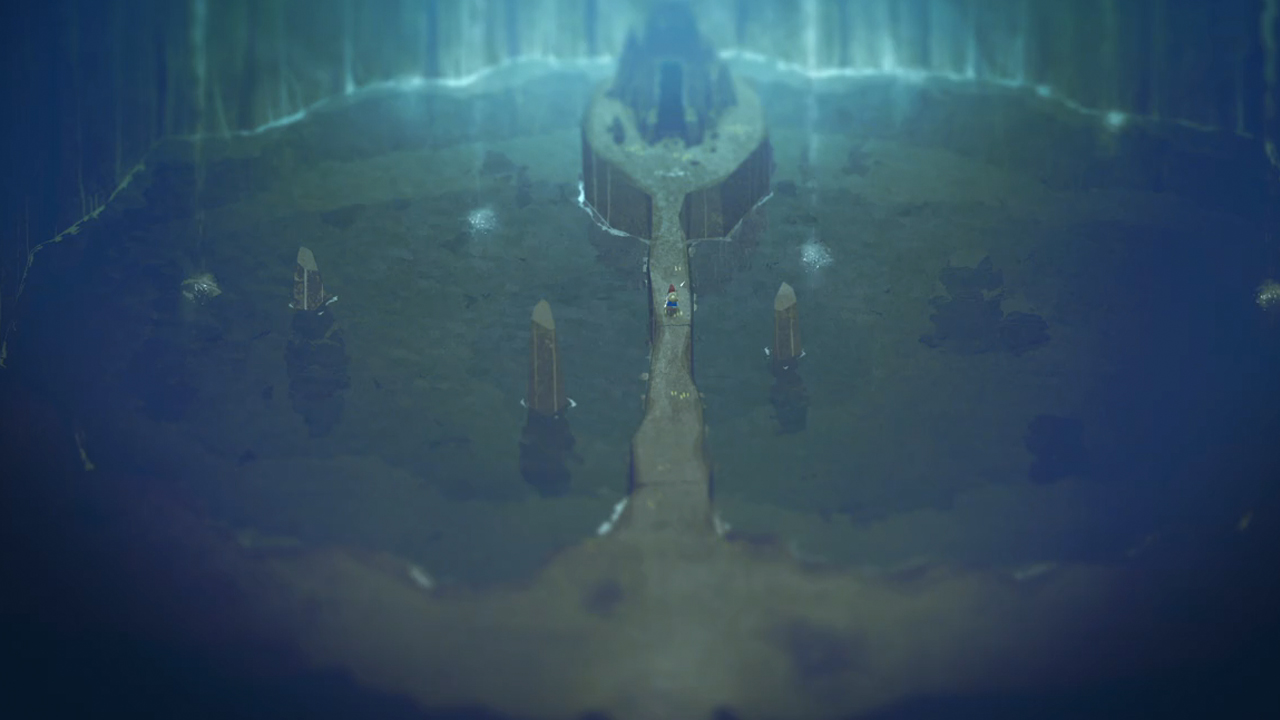
This sense of solitude is mirrored in the game’s unforgiving difficulty, perma-death and absence of visual clues (an ode to roguelikes of yesteryear ), but it won’t be unfair according to Capybara co-founder Nathan Vella (via Joystiq): “We’re all about making it brutally fair, so you make a mistake, you will die, and death is permanent.”
Combat revolves around simple reactionary actions using a limited arsenal as you traverse single-room randomly generated dungeons—at present, details are thin on the ground, so it’s not entirely clear what this entails.
For now, Nathan Vella is keen to reiterate Below’s artistic merit: If you really like art and music, if you like playing something for a sense of exploration or a sense of discovery, than this is for you.”
We can only hope there’s substance to augment that style.
Follow James on Twitter, @JBarnesyy
More in video games…
Spellforce 2: Another Warcraft Pretender Falls Flat
Disney Infinity: Family Friendly Fun For Consoles
My Video Game Hell: I Played 3000 Games Of Funky Snooker
The Greatest Video Game I Ever Played: Streets of Rage
If you like it, Pass it on
 COMMENTS
COMMENTS
No comments yet, be the first!


 RELATED
RELATED


